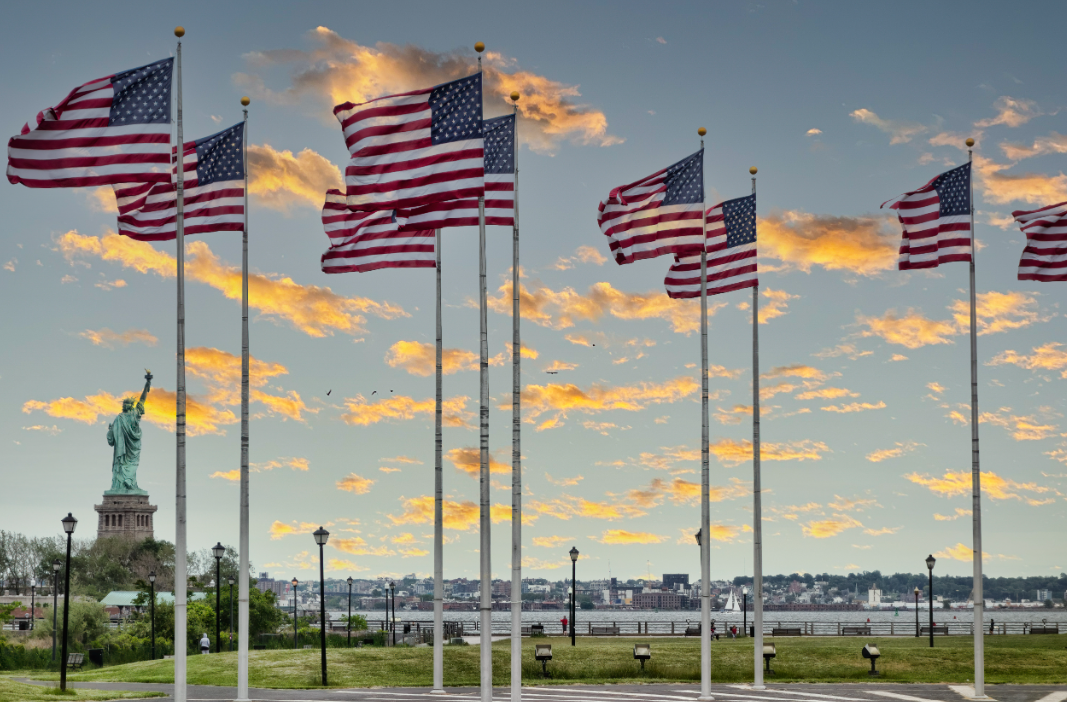Music festivals hold a special place in the cultural landscape, offering a unique blend of artistry, community, and celebration. In New Jersey, these gatherings have become an integral part of the state’s musical identity, attracting both local talent and renowned artists from around the world. In this article, we will delve into the significance of music festivals in New Jersey, exploring their impact on the local music scene, tourism, community engagement, and the overall cultural fabric of the Garden State.
Showcasing Local Talent
One of the key roles played by music festivals in New Jersey is their ability to showcase local talent. These festivals provide a platform for emerging artists, bands, and musicians to share their craft with a wider audience. By giving these artists an opportunity to perform alongside established acts, festivals nurture the growth of the local music scene and contribute to its vibrancy. Additionally, festivals often include stages dedicated specifically to local acts, allowing them to gain exposure, build connections, and potentially attract industry professionals who can further their careers.
Economic Boost and Tourism
Music festivals in New Jersey generate a significant economic boost for the state and its local communities. They attract attendees from near and far, boosting tourism, hotel occupancy, and revenue for local businesses. Festivals often require logistics support, such as equipment rentals, food vendors, and transportation services, further stimulating the local economy. As festival-goers explore the surrounding areas, they may also visit nearby attractions, dine at local restaurants, and contribute to the overall tourism industry. By becoming a magnet for music enthusiasts, New Jersey’s festivals contribute to the state’s economic growth and showcase its appeal as a cultural destination.
Fostering Community Engagement
Music festivals create a sense of community and foster a shared experience among attendees. They bring together people from diverse backgrounds, united by their love for music. Festivals provide a space where individuals can connect, make new friends, and celebrate their shared interests. Beyond the music, festivals often incorporate art installations, workshops, and interactive activities, creating an immersive environment that encourages collaboration and creativity. Local communities also play an active role in these festivals, with volunteers, vendors, and organizers coming together to support the event. This collective engagement strengthens social bonds, builds a sense of belonging, and creates a positive cultural impact within the community.
Cultural Exchange and Diversity
Music festivals in New Jersey embrace diversity, both in terms of musical genres and the artists themselves. They showcase a wide range of musical styles, from rock and hip-hop to jazz, folk, and electronic music. By presenting a diverse lineup, festivals expose attendees to new sounds, encouraging exploration and appreciation of different genres. Furthermore, festivals often invite artists from various cultural backgrounds, contributing to a rich tapestry of artistic expression. This cultural exchange promotes understanding, acceptance, and celebration of diversity, fostering an inclusive atmosphere where people from all walks of life can come together to enjoy music.
Platform for Innovation and Experimentation
Music festivals provide a platform for innovation, experimentation, and boundary-pushing performances. Artists and bands often use festivals as an opportunity to unveil new material, collaborate with other musicians, or present unique stage productions. Festivals offer a more expansive and open-minded environment compared to traditional concert venues, allowing artists to push creative boundaries and engage with their audience in new ways. This atmosphere of experimentation not only enhances the festival experience for attendees but also inspires artists to continually evolve and create groundbreaking work.
Music festivals hold immense significance in New Jersey, serving as catalysts for artistic expression, community engagement, and economic growth. Through their promotion of local talent, contribution to the economy and tourism, fostering community engagement, embracing cultural diversity, and providing a platform for innovation, music festivals in New Jersey play a vital role in the state’s cultural fabric. These festivals create an immersive and transformative experience, bringing people together, celebrating music, and showcasing the unique talents of both local and international artists. As New Jersey continues to host a diverse array of music festivals, the state solidifies its position as a vibrant and thriving hub for music, fostering a sense of unity, creativity, and cultural exchange among its residents and visitors alike.
